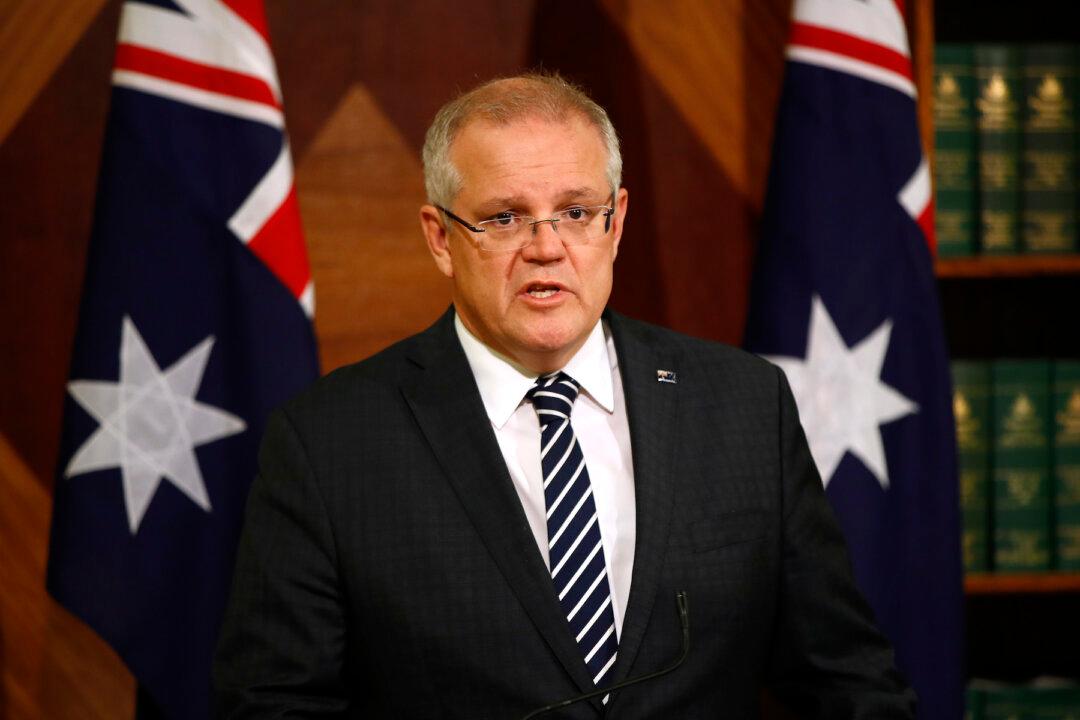Australian Prime Minister Scott Morrison and Home Affairs Minister Peter Dutton remain unmoved as Chinese diplomats abandoned diplomatic decorum because of Australia’s unapologetic push for an international inquiry into the origin and handling of the CCP virus outbreak in Wuhan.
“Australia will continue to pursue what is a very reasonable and sensible course of action. This is a virus that has taken more than 200,000 lives across the world. It has shut down the global economy,” Morrison told reporters on April 29. “We don’t lightly form the views that we do on these things. We hold the position that we have.”





